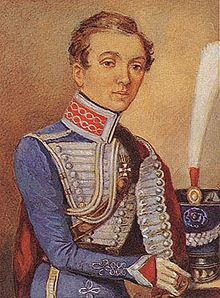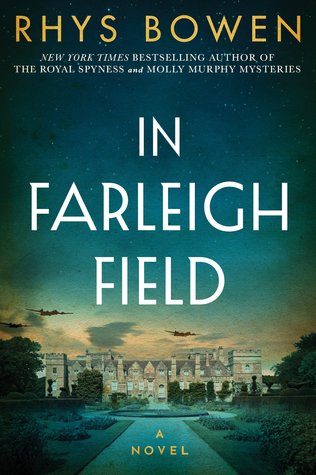 In Farleigh Field: A Novel of World War II by Rhys Bowen
In Farleigh Field: A Novel of World War II by Rhys Bowen Formats available: hardcover, paperback, ebook, audiobook
Pages: 396
Published by Lake Union Publishing on March 1st 2017
Purchasing Info: Author's Website, Amazon, Barnes & Noble, Bookshop.org
Goodreads
World War II comes to Farleigh Place, the ancestral home of Lord Westerham and his five daughters, when a soldier with a failed parachute falls to his death on the estate. After his uniform and possessions raise suspicions, MI5 operative and family friend Ben Cresswell is covertly tasked with determining if the man is a German spy. The assignment also offers Ben the chance to be near Lord Westerham’s middle daughter, Pamela, whom he furtively loves. But Pamela has her own secret: she has taken a job at Bletchley Park, the British code-breaking facility.
As Ben follows a trail of spies and traitors, which may include another member of Pamela’s family, he discovers that some within the realm have an appalling, history-altering agenda. Can he, with Pamela’s help, stop them before England falls?
Inspired by the events and people of World War II, writer Rhys Bowen crafts a sweeping and riveting saga of class, family, love, and betrayal.
My Review:
I picked this up because people always rave about Rhys Bowen, but she’s in the middle of a whole bunch of series and I like to start at beginnings if I can. In Farleigh Field is a standalone, which made it a good time to try this author.
However, for those who are expecting something a bit light and frothy, like the Her Royal Spyness series, this one is neither light nor frothy. Nor should it be. This is a World War II story that deals with serious issues on the home front. It begins with the crash landing of a German spy in the middle of an aristocrat’s estate, and ends with the realization that none of us really know the people we think we do.
This one is all about the less glorious parts of modern warfare; code breaking, spying, official secrets, official lies and ultimately betrayal, both on a personal and on a political level. And it revolves around questions about the ends and what means they justify. And by whom.
The story begins as a simple mystery, but there were no simple mysteries during WWII. A uniformed parachutist crashes at Farleigh, wearing the uniform of the West Kents who are stationed in the mansion. But nothing is as it seems, starting with that dead parachutist. He may be in uniform, but the details of that uniform aren’t quite right. And no one is missing from the regiment. He has nothing on him except a parachute that refused to open, fake ID tags and a landscape photo with numbers on the back.
MI5 doesn’t really care who the man was, their interest is in who the man was supposed to contact within walking distance of Farleigh, and they have just the man for the job. Ben Cresswell, ineligible for the draft due to a tin knee, is the son of the local vicar at Farleigh. He knows everyone, and everyone knows him. In spite of his junior status and relative inexperience, he’s the perfect agent to investigate his old neighborhood.
And of course, no one knows he’s MI5. That includes the daughter of Farleigh, Pamela Westerham. Pamma has no idea that Ben is MI5, just as she has no idea that he’s been in love with her for all of their lives. But while Ben is very aware that Pamma has been in love with Jeremy Prescott, son of the local squire, all of her life, he is very much unaware that Pamma is one of the junior code breakers at Bletchley Park.
Her superiors are every bit as interested in the mystery of the dead parachutist as Ben’s are. And it will take both of them, and a lot of luck, to finally discover the truth. A truth that is much, much worse than they imagined. And every bit as deadly.
Escape Rating B+: I’ll admit that based on the author’s reputation, I was expecting something a bit lighter. There are points in this story that are very dark. This is appropriate for the period and the circumstances, but still a bit of a downer.
Albeit a fascinating one.
The story takes place during the very early years of the war, particularly around the time of the Battle of Britain. At that point in 1940, Britain stood alone against the seemingly unstoppable might of Nazi Germany. The United States was pursuing a policy of non-involvement and Lend-Lease was still on the drawing board. There was a feeling in Britain, and it was probably justified, that unless the U.S. came to their aid that it was just a matter of time until Britain fell to the Nazis. That some, particularly among the upper classes, wanted to capitulate in order to save what they could (admittedly including their own skins) was historic fact. That one of those upper-class potential collaborators was the former king, the Duke of Windsor, was well-known at the time, which is why he was packed off to the Bahamas and both out of harm’s way and out where he couldn’t cause any harm.
Churchill planned to fight to the last man, (woman and child) but there were plenty of people who believed it would come to that, sooner rather than later, if the U.S. didn’t provide support, and quickly.
One of the things that makes this story so interesting is just how insidious the fifth-column activities really were. Although we laugh now at some of the antics of the home guard and the air raid wardens, the difficulties were real at the time. And one of those difficulties was the one that Ben and Pamma face – that they simply can’t imagine that someone they know well could possibly betray their country. They assume that it must be an outsider, when it so seldom is.
Insiders always know where the weak points are and just how to exploit them. But Ben’s prejudices of both class and familiarity lead him on many a wild goose chase until the perpetrator is finally exposed.
There’s also a small element of melodrama in this story, and I’m not sure whether it helped or hurt. The resolution of the love triangle between Ben, Jeremy and Pamma plays into the ultimate solution to the puzzle. However, that triangle is Ben loves Pamma, Pamma loves Jeremy and Jeremy really only loves himself. Some of Pamma’s angst about Jeremy’s behavior made me want to shake some sense into her. I rather badly wanted Jeremy to be guilty of something – he was an absolute bounder.
All in all, In Farleigh Field is a story about people rising to the occasion, keeping the side up, and solving the mystery, no matter how much it hurts. Anyone who enjoys spy stories or stories of World War II on the homefront (or who loved Foyle’s War) will enjoy In Farleigh Field.
~~~~~~ GIVEAWAY ~~~~~~
I am giving away a copy of In Farleigh Field to one lucky US commenter!

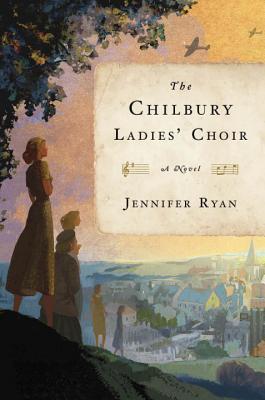 The Chilbury Ladies' Choir by
The Chilbury Ladies' Choir by 
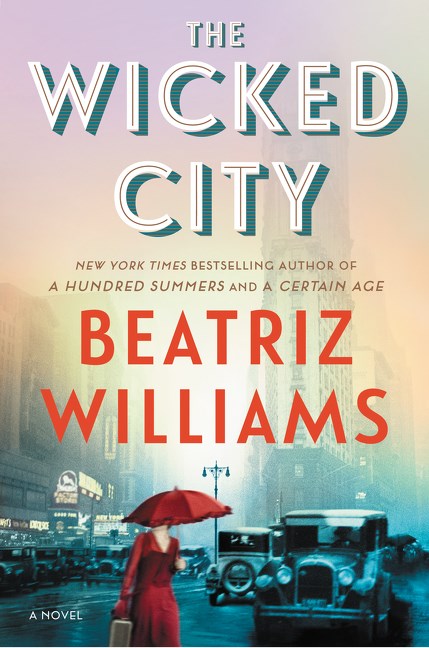 The Wicked City by
The Wicked City by  In addition to the connection between Gin and Ella, there’s also a connection between Gin and the characters in A Certain Age, and indeed the characters of many of the author’s previous books. It’s not such a tight connection that the reader needs to worry about having read the other books, and it’s also not completely revealed or resolved. But these people all inhabit the same social circles, and everyone seems to know, or at least know of, everyone else.
In addition to the connection between Gin and Ella, there’s also a connection between Gin and the characters in A Certain Age, and indeed the characters of many of the author’s previous books. It’s not such a tight connection that the reader needs to worry about having read the other books, and it’s also not completely revealed or resolved. But these people all inhabit the same social circles, and everyone seems to know, or at least know of, everyone else.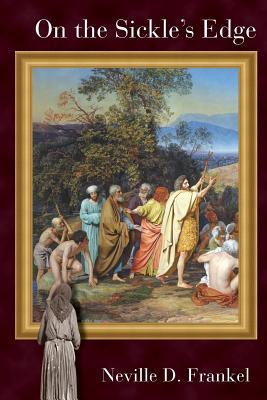 On the Sickle's Edge by
On the Sickle's Edge by 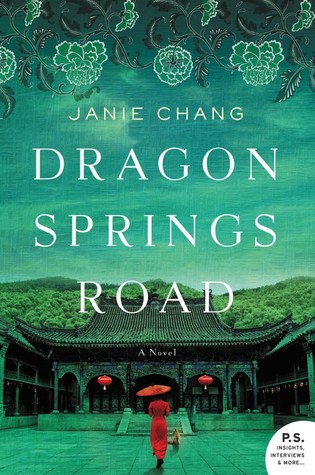 Dragon Springs Road by
Dragon Springs Road by 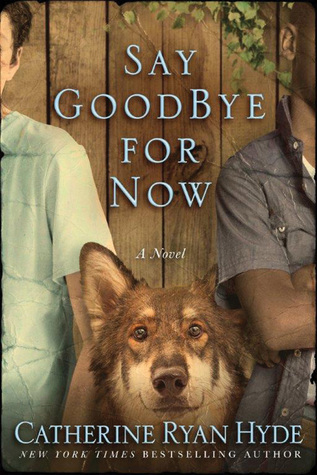 Say Goodbye for Now by
Say Goodbye for Now by 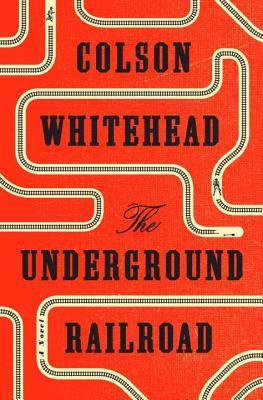 The Underground Railroad by
The Underground Railroad by 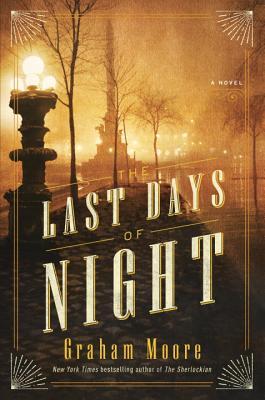 The Last Days of Night by
The Last Days of Night by 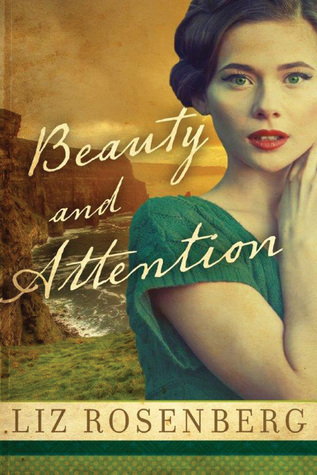 Beauty and Attention: A Novel by
Beauty and Attention: A Novel by 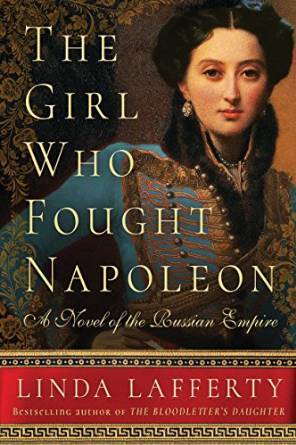 The Girl Who Fought Napoleon: A Novel of the Russian Empire by
The Girl Who Fought Napoleon: A Novel of the Russian Empire by 